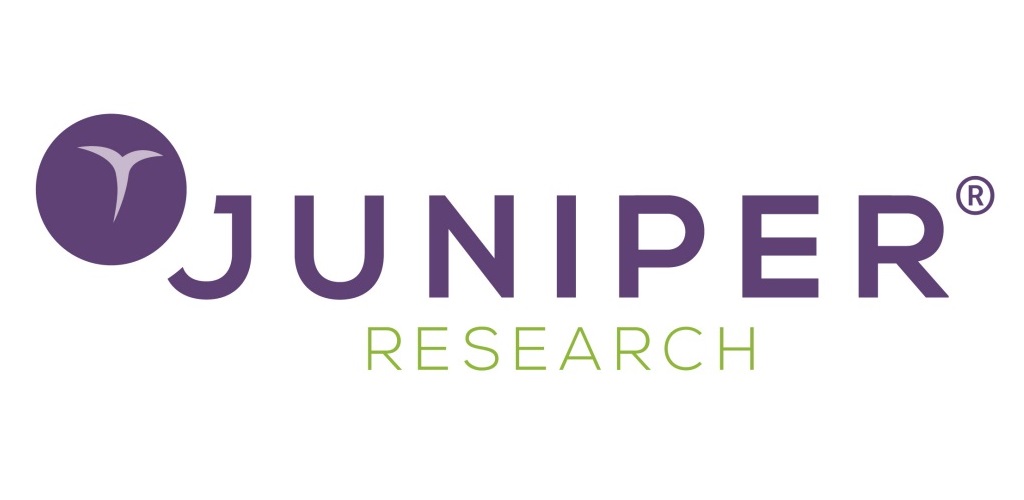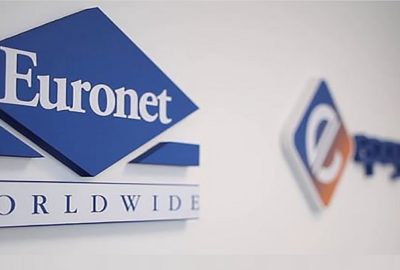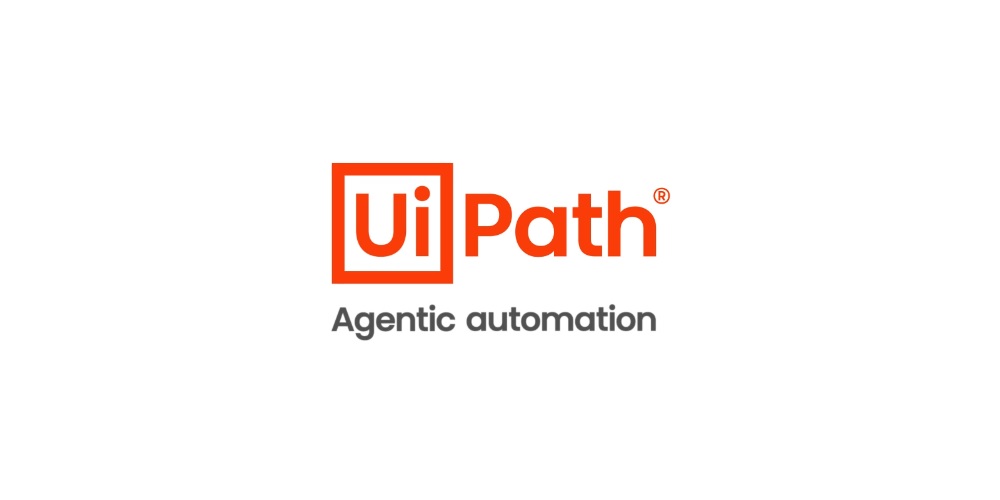Sepa migration deadline set at February 2014
 December 22, 2011 – The European Parliament and Council have finally reached agreement on a deadline of February 2014 for the migration to Sepa credit transfers and direct debits. The EC has long accepted the need to enforce migration deadlines from national credit transfers and direct debits to Sepa (Single Euro Payments Area) instruments, conceding self-regulation has failed to bring the move about quickly enough. Last December the Commission set out its proposals for EU-wide end-dates, suggesting that once the regulation comes into force, national credit transfers be replaced by the pan European Sepa SCT within 12 months, with direct debits following after another year.
December 22, 2011 – The European Parliament and Council have finally reached agreement on a deadline of February 2014 for the migration to Sepa credit transfers and direct debits. The EC has long accepted the need to enforce migration deadlines from national credit transfers and direct debits to Sepa (Single Euro Payments Area) instruments, conceding self-regulation has failed to bring the move about quickly enough. Last December the Commission set out its proposals for EU-wide end-dates, suggesting that once the regulation comes into force, national credit transfers be replaced by the pan European Sepa SCT within 12 months, with direct debits following after another year.
However, following pressure from, among others, the Parliament and the European Central Bank, the idea of separate deadlines has been ditched. Instead, a legally binding February 2014 date has been agreed by the EC and MEPs, and now awaits the rubber stamp of full Parliament and Council approval.
 The Sepa deal to ensure EU-wide rules making payment service providers compete fairly, eliminate hidden national bank charges, and accelerate transfers, could save up to EUR123 billion within six years, claim MEPs, benefiting clients, banks, and businesses.
The Sepa deal to ensure EU-wide rules making payment service providers compete fairly, eliminate hidden national bank charges, and accelerate transfers, could save up to EUR123 billion within six years, claim MEPs, benefiting clients, banks, and businesses.
Sari Essayah, MEP, says: „The Sepa is a fundamental element of the internal market. The internal market cannot function well without Sepa. Moreover Sepa will provide the basis for other developments in the single market.”
European Commissioner Michel Barnier adds: „By agreeing with the Commission proposal to fix a deadline for the migration to pan-European payment instruments just over a year after it was proposed, the European Parliament and the Council have risen to the ambitious challenge to increase the efficiency of our payment systems so that high-quality and competitively priced electronic payment products exist throughout the whole of the EU.”
However, despite 2014 representing a significant delay to the initial targets for migration, it could still prove ambitious. At the Sibos banking conference in September, a straw poll of delegates conducted during a panel session found the naysayers on the floor held a slim majority over the optimists when asked whether 2014 could be met.
Vendor Experian was quick to welcome the decision, and also tout for business, with Jonathan Williams, director of payments strategy, warning: „Early adoption is crucial. If left to the last minute, the Sepa requirements have the potential to be both disruptive and costly. Banks and their corporate customers need to provide a smooth transitional process to Sepa in order to avoid costly errors and keep customers happy.”
The table below provides an overview of the most important dates for SEPA migration fixed by the Regulation:
| immediately effective | Reachability for SEPA credit transfers and SEPA direct debits in Euro Member States |
| 1 November 2012 | Prohibition of per-transaction MIF for cross-border direct debits |
| 1 February 2014 | Migration end-date for SEPA credit transfers and SEPA direct debits in Euro Member States |
| 1 February 2014 | Elimination of the obligation for users to provide the BIC for national payments, where necessary – Note Member States have the option to defer to 1 February 2016 |
| 1 February 2014 | End-date for grandfathering existing direct debit mandates |
| 1 February 2014 | Interoperability in Euro Member States |
| 1 February 2016 | Elimination of the obligation for users to provide the BIC for cross-border payments |
| 1 February 2016 | Expiry of transitional arrangements for so called ‘niche products’ |
| 1 February 2016 | Expiry of transitional arrangements for one-off direct debits used at merchants (e.g. in Germany ‘Elektronisches Lastschriftverfahren’ – ELV) |
| 1 February 2016 | Expiry of Member State option to allow banks to provide conversion services |
| 31 October 2016 | Migration end-date for SEPA credit transfers and SEPA direct debits in non-Euro Member States – Note one year after joining euro, if earlier |
| 31 October 2016 | Reachability for SEPA credit transfers and SEPA direct debits in non-Euro Member States – Note one year after joining the Euro, if earlier |
| 31 October 2016 | Interoperability in non-Euro Member States – Note one year after joining the Euro, if earlier |
| 1 February 2017 | Prohibition of per-transaction MIF for national direct debits |
Related links:
Dariusz Mazurkiewicz – CEO at BLIK Polish Payment Standard
Banking 4.0 – „how was the experience for you”
„To be honest I think that Sinaia, your conference, is much better then Davos.”
Many more interesting quotes in the video below:










